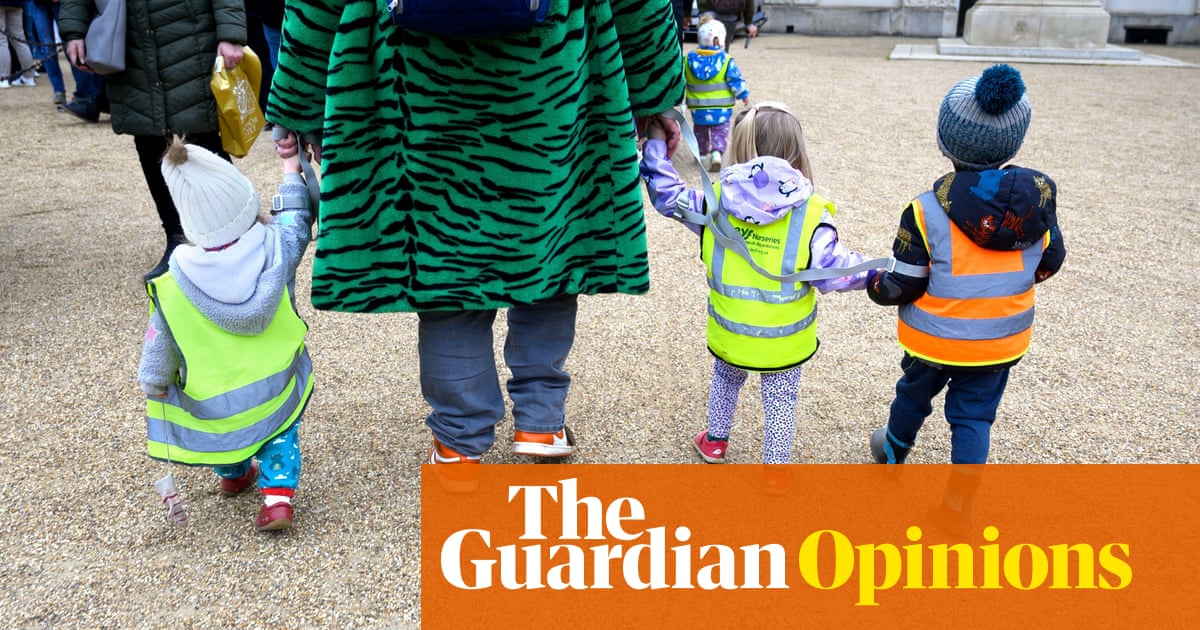
To be on the left at the moment is to have mixed emotions. A wave of strike action, backed by public opinion, is changing the debate around the cost of living crisis and working class agency, but alongside it this winter will come falling living standards and misery. After Liz Truss’s catastrophic first few weeks as Conservative leader, Labour ought now to be nailed on to be the largest party after the next general election. But while Keir Starmer has used conference season to adopt a slightly bolder economic agenda, he has been very clear that he will shut out the left. Labour enjoys a huge polling lead, but it isn’t our party any more.
Nonetheless, the radical left is today much stronger and more relevant than it was at the start of the last crisis in 2008. Hundreds of thousands of people were brought into active politics by the Corbyn moment and while Jeremy Corbyn’s Labour was overwhelmingly rejected by voters, a large proportion of its manifesto commands majority support. As we enter a new post-Brexit, post-pandemic political era, with Labour on the brink of power, it is time to rethink the left’s political strategy.
We need first to understand the recent past. While an austerity consensus reined in mainstream politics, a series of explosive social movements and strikes – from student riots, to Occupy, to the millions who went on strike and marched – made the early 2010s an era of rebirth for the left. Those movements failed to stop austerity, partly because they were divided and also because they lacked adequate leadership, as the trade union movement and the Labour party lagged behind the mass radicalisation that was taking place.
The revolt of the first half of the last decade, and the groundswell of radicalised youth, created the conditions for a new left in British politics. Conceived in opposition to failing leftwing institutions, it was an outsider force, built from below, and plugged into a wave of global revolts. It was a significant part of the base that elected Corbyn in 2015, but before it had a chance to cohere, it was swept up into Labour and defeated by older and more institutional forces on both left and right. In the late 2010s, social movements were more sporadic and industrial action fell to its lowest level on record.
Corbynism’s political content was transformative and the sensation of hope was palpable for those of us involved. But Labour changed us much more than we changed Labour. There was no meaningful democratic reform to the party in Corbyn’s time as leader. Facing a siege, and a campaign of sabotage by the parliamentary party, the leadership allied itself to a methodology of machine politics. The internal culture was loyalist and intolerant of dissent. In its darker moments, when Brexit policy was stitched up, open selections defeated and Momentum’s internal democracy shut down, Corbynism resembled a leftwing version of New Labour more than a modernised version of the Bennite tradition.
Bevanism, Bennism, Corbynism: every 30 years, the Labour left reincarnates. The party is the beneficiary of a tidal system that carries in dynamic forces and knocks off their more disruptive edges. At the heart of Labour is an irreconcilable difference, between a left wing that believes it is the party of workers and a centrist wing that insists that the parliamentary party must be a professional class of politicians largely unaccountable to party or trade union members. If ever this tension were to be resolved in the left’s favour, Corbyn’s miraculous ascension to the leadership ought to have done it – but it didn’t.
I believe it is time to view Labour’s tidal system not as some rhythm of the seasons but as a nightmare from which we must awake. In Britain today, public opinion is firmly to the left of Starmer, let alone Truss, on questions of taxation, common ownership and distribution. But, as has been the case for the vast majority of my lifetime, the political left is absent from the public debate because it lacks its own political vehicle. We desperately need a party, or even a set of parties, which could act as representatives of social movements and union members, rather than as a brake on them.
For as long as the first-past-the-post electoral system forces us into Labour, we will continue to be marginalised with very occasional interludes. The Corbyn leadership was one such blip. That is why proportional representation is so crucial. The fact that Starmer rebuked prospects for electoral reform in defiance of his own party conference, which passed a pro-PR position overwhelmingly last month, only goes to underline the limits of Labour’s democracy.
The mass movements of the 2020s – on cost of living and climate justice – will search, just as we did, for a political expression. The Labour left will continue to plod along in opposition, as it always has, searching for opportunities. It is vital that these forces can work together, but it is equally vital that they do not ask the wrong question: the crucial issue is not how we can take over the Labour party, but how we can end it.
Michael Chessum is the author of This Is Only the Beginning












